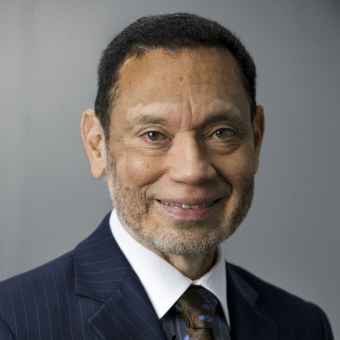One problem is also that biobased is a collective description for extremely wide-ranging areas of activity: agriculture, forestry, fishing, chemical industry, domestic waste, CO2 and energy. Everything is intertwined. To really achieve innovation and synergy in this environment you require people who can handle it: people from different backgrounds, disciplines, with different opinions and visions of the future, who are able to work together to create value from biomass flows.
Of course, various universities of applied sciences and universities in Europe offer biobased courses. The problem there is the lack of coordination. The wheel is probably being reinvented every time. Nor is it always apparent which competences and skills the industry needs. That is what we are going to investigate in 2019 through a survey among the members of the Bio-Based Industries Consortium.
It is actually similar to research carried out by SusChem in which I was involved in 2005. Even then it became clear that large chemical companies needed people who were not only proficient in the traditional chemical technologies, but who also had an understanding of economy, finance, cooperation and communication. The first reaction from professors in 2005 was: ‘This is impossible. We are educating excellent researchers who will produce publications and ensure patents. That is what we are judged on.’
The world has changed since then. For instance, nobody believes any more that it is possible to be an engineer or a researcher without soft skills. But the question is: what can you achieve in a university curriculum of three or four years? That is why I argue for a focus on the entire period of education. Terms like sustainability, renewability and biobased must become mainstream concepts in education from primary school through to Master’s level. It should not be up to the odd inspired teacher whether the students learn about the biobased economy; it must become a permanent feature of all courses in Europe!’




